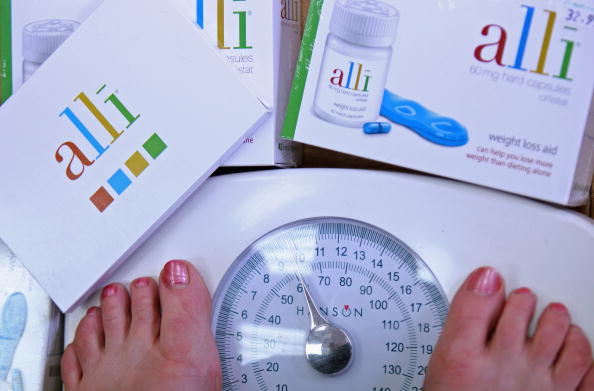
Your weight should be determined by your health; not by the size jeans you want to fit into or a predetermined number that everyone thinks is appropriate. The correct healthy weight for any man or woman is the one that’s been medically determined using guidelines such as age and height. Both play an important factor determining a healthy weight. After all, a woman that stands 6’1 and weighs 110 lbs. is not going to be as healthy as a woman that stands 5’2 and weighs 110 pounds.
Use Body Mass Index (BMI)
If you want to calculate your weight to height ratio, you will calculate your BMI. This is your weight divided by your height to determine your BMI. Once you know your BMI, you can decide whether or not you’re healthy in your weight. For example, anyone whose BMI is less than 18.5 is considered underweight. Anyone whose BMI is between 25 and 30 is overweight. Anyone between 18.5 and 24 is considered healthy.
Waist Hip Ratio
This is another simple weight guideline. This one will help you determine whether or not your weight is appropriate for your height and age. You will divide the inches in your waist by the inches in your hips. If the total is less than .9, you have a low risk of cardiovascular issues. Between that and .99, you have moderate risk of cardiovascular issues and anything higher is considered dangerous and overweight.
The most accurate way to tell whether or not your weight is on target is to consult a height/age chart. These charts will help you determine how much you should weigh at a certain age and a certain height. For example, I am 5’3 and 30 years old and I weigh 118 lbs. This puts me at the top range for being a small person for my age and height, and I’m considered healthy. My ideal weight would range anywhere from 111 to 147 pounds and be considered healthy. The weight goes up the higher you stand. It’s a basic guideline that will help you understand if you’re where you need to be.
(Photo by Jeff J Mitchell/Getty Images)

Comments
Loading…